Erfenis aanvaarden of verwerpen?
U bent erfgenaam in een nalatenschap, wat nu? Als erfgenaam kunt u zelf beslissen of u een nalatenschap wilt aanvaarden of verwerpen. Wilt u de nalatenschap aanvaarden, dan heeft u de keuze uit twee mogelijkheden: de nalatenschap zuiver of beneficiair aanvaarden.

Zuiver aanvaarden
Bij zuivere aanvaarding bent u verantwoordelijk voor alle bezittingen en schulden van de overledene, maar het positieve saldo is dan uiteraard ook voor u. Zuiver aanvaarden is alleen mogelijk als u ouder bent dan 18 jaar.
Beneficiaire aanvaarding
Wanneer de overledene schulden heeft of u bent hier niet zeker van, dan kunt u de nalatenschap beneficiair aanvaarden. Hiermee geeft u aan dat u de nalatenschap onder voorbehoud aanvaardt. Zo bent u bij (eventuele) schulden niet aansprakelijk met uw privé vermogen en ontvangt u uw deel van de nalatenschap, uw erfenisdeel, wanneer alle schulden zijn voldaan. Wel dient de nalatenschap volgens een formele procedure te worden afgewikkeld (vereffend). Het beneficiair aanvaarden gebeurt door een formulier te ondertekenen en deze op te sturen naar de Rechtbank. De Rechtbank rekent hier griffierecht voor.


Verwerpen
Als erfgenaam heeft u ook de mogelijkheid de nalatenschap te verwerpen. Hiermee besluit u de erfenis niet te accepteren en er afstand van te doen. U bent dan niet langer erfgenaam, ook bij een positief saldo. Let wel, wanneer u besluit te verwerpen, worden eventuele (klein)kinderen in uw plaats erfgenaam. Wilt u niet dat uw (klein)kinderen erfgenaam worden, dan moeten ook zij de nalatenschap verwerpen. Bij het verwerpen van een nalatenschap bent u verplicht een verklaring af te leggen bij de Rechtbank. Dit gebeurt door een formulier te ondertekenen en naar de Rechtbank te sturen.

